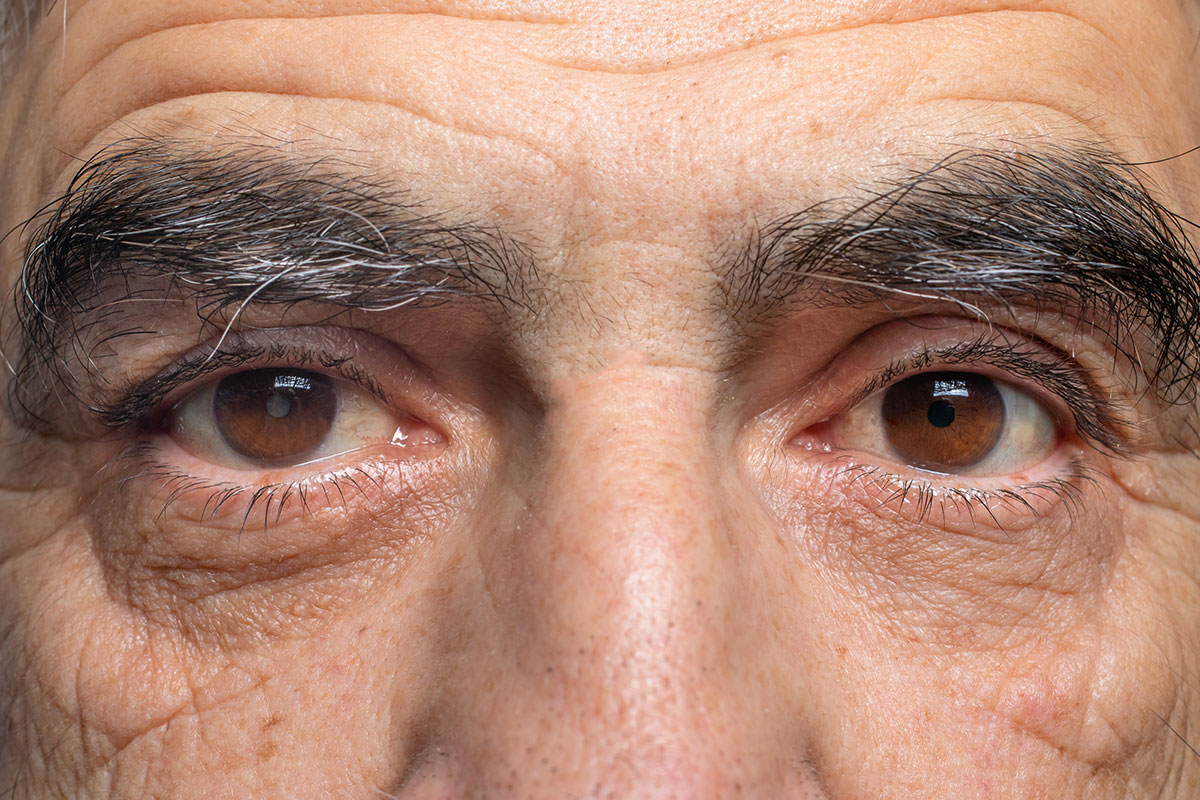Diabetes significantly affects your overall body, increasing the risk of several eye conditions, such as glaucoma, cataracts, and diabetic retinopathy. Patients with type 1 or type 2 diabetes must opt for regular eye exams and diabetic eye screening to identify retinopathy at its earliest stages. Without regular eye screening, you may eventually suffer from poor eyesight because of diabetic retinopathy. West Coast Eye Institute performs regular eye exams to identify and treat potential eye problems at the earliest stage possible.
What is diabetic retinopathy?
Diabetic retinopathy is a condition wherein increased blood sugar levels damage the blood vessels in the retina, which leads to fluid leakage into the retina and the growth of abnormal blood vessels. The retina is the light-sensitive part at the back of your eye. As such, a damaged retina can lead to blurry vision and, if left untreated, blindness. In fact, diabetic retinopathy is the leading cause of blindness in adults. Patients with type 1 and type 2 diabetes have a high risk of diabetic retinopathy.
The two types of diabetic retinopathy:
Non-Proliferative Diabetic Retinopathy (NPDR)
NPDR is a condition wherein the small blood vessels in the retina are damaged, leading to retinal hemorrhage, microaneurysms, and the accumulation of fluids in the retina. This leads to the swelling of the retina, which is called diabetic macular edema (DME). NPDR starts with blurry vision and progressively worsens if left untreated. The deprivation of the normal blood supply to the retina eventually leads to severe diabetic retinopathy.
Proliferative Diabetic Retinopathy (PDR)
PDR is the advanced stage of diabetic retinopathy. At this stage, the retina sends signals that trigger the growth of abnormal blood vessels (neovascularization) along the retina. These new blood vessels can bleed easily, leading to severe vision problems and potential blindness. The presence of abnormal blood vessels can also prevent fluid drainage, which can lead to neovascular glaucoma. This can also lead to permanent blindness.
What are the symptoms of diabetic retinopathy?
- Dots and dark strings in your vision
- Empty areas in your vision
- Blurry vision
- Inability to focus
- Fluctuating vision changes
- Color changes in your vision
- Partial or complete loss of vision


Diabetic eye screening identifies and controls diabetic retinopathy
During your diabetic eye screening, the ophthalmologist will place eye drops to dilate your pupils. This allows them to examine your eyes closely and determine if you have diabetic retinopathy. When your eyes are dilated, the ophthalmologist may perform the following diagnostic tests:
- Optical coherence tomography (OCT) provides images taken from a cross-section of your eyes. It reveals the thickness of your retina and if there’s any fluid leakage from damaged blood vessels.
- Fluorescein angiography involves taking pictures of the inside of your eyes. The ophthalmologist will use a special dye to identify the blocked blood vessels.
Most diabetic patients don’t identify the earliest signs of retinopathy, which leads to the condition progressing to dangerous levels. You must go for regular eye exams and diabetic eye screening to identify and control retinopathy at the earliest stage possible. If you have type 1 or type 2 diabetes, please schedule an appointment for your diabetic eye screening in Bakersfield, CA.

